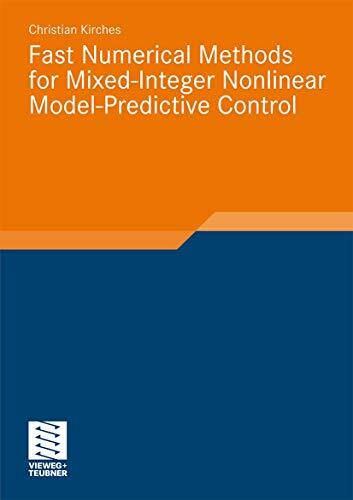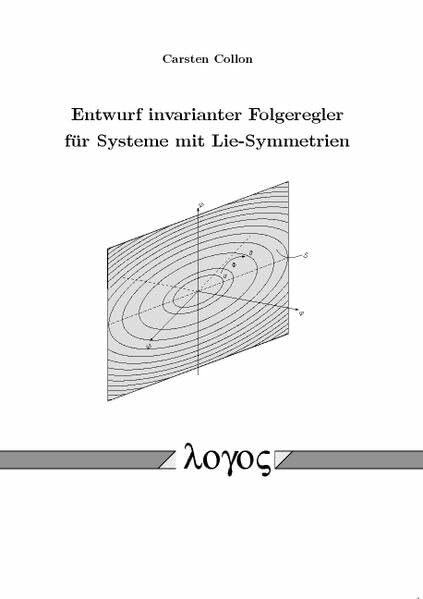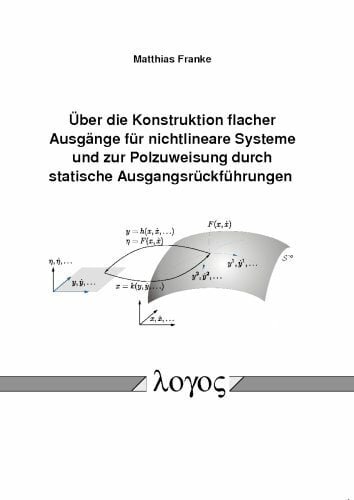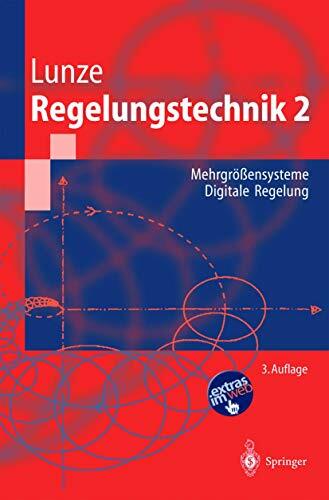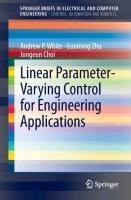
Linear Parameter-Varying Control for Engineering Applications
Kurzinformation
inkl. MwSt. Versandinformationen
Artikel zZt. nicht lieferbar
Artikel zZt. nicht lieferbar

Beschreibung
The subject of this brief is the application of linear parameter-varying (LPV) control to a class of dynamic systems to provide a systematic synthesis of gain-scheduling controllers with guaranteed stability and performance. An important step in LPV control design, which is not well covered in the present literature, is the selection of weighting functions. The proper selection of weighting functions tunes the controller to obtain the desired closed-loop response. The selection of appropriate weighting functions is difficult and sometimes appears arbitrary. In this brief, gain-scheduling control with engineering applications is covered in detail, including the LPV modeling, the control problem formulation, and the weighting function optimization. In addition, an iterative algorithm for obtaining optimal output weighting functions with respect to the H2 norm bound is presented in this brief. Using this algorithm, the selection of appropriate weighting functions becomes an automatic process. The LPV design and control synthesis procedures in this brief are illustrated using: ¿ air-to-fuel ratio control for port-fuel-injection engines; ¿ variable valve timing control; and ¿ application to a vibration control problem. After reading this brief, the reader will be able to apply its concepts to design gain-scheduling controllers for their own engineering applications. This brief provides detailed step-by-step LPV modeling and control design strategies along with an automatic weight-selection algorithm so that engineers can apply state-of-the-art LPV control synthesis to solve their own engineering problems. In addition, this brief should serve as a bridge between the H-infinity and H2 control theory and the real-world application of gain-scheduling control. von White, Andrew P. und Zhu, Guoming und Choi, Jonge
Produktdetails

So garantieren wir Dir zu jeder Zeit Premiumqualität.
Über den Autor
Dr. Zhu worked in the automotive industry for 15 years before he joined MSU as a faculty member. Drawing on his rich industrial background he believes that this brief will bridge the gap between the academic theory of LPV control and industrial gain-scheduling control applications. The key issue for industrial application of LPV control is how to select design gains to meet the desired performance and control gains. For example, PI (proportional and integral) control gains can be tuned manually since only two control parameters need to be tuned; while for LPV control, both estimation and control gains need to be designed which make them impossible to be tuned manually. The weight selection scheme discussed in this book provides a systematic approach for LPV gain tuning in practical engineering applications. Dr. Zhu teaches "Robust Control" for graduate students at Michigan State University. He believes that this brief can be used as supplemental material for mixed H2 and H-infinity control. It can also be used as a text book for advanced topics in control classes for those students who complete the robust control class. Dr. Choi has been working on model set estimation for robust controller design; robust track-following controller design in hard disk drives (HHDs); and LPV modeling and controller synthesis for energy-efficient automotive engine systems and mobile robotic sensors based on LMI optimization. In his experience, the LPV modeling and control approach plays an important role in addressing challenging control problems in many applications ranging from HHDs and engine control to unmanned robotic vehicles. He also teaches graduate-level control systems courses such as 'Linear Systems and Control', and 'Nonlinear Systems and Control' at Michigan State University.

- hardcover
- 335 Seiten
- Erschienen 2018
- Taylor & Francis Ltd

- hardcover
- 358 Seiten
- Erschienen 1999
- CRC Press

- Gebunden
- 380 Seiten
- Erschienen 2007
- Springer

- Gebunden
- 188 Seiten
- Erschienen 2012
- Springer

- paperback
- 548 Seiten
- Erschienen 2007
- VDE VERLAG

- paperback
- 1212 Seiten
- Erschienen 2001
- Springer

- Hardcover
- 1168 Seiten
- Erschienen 2005
- Addison Wesley ein Imprint ...








